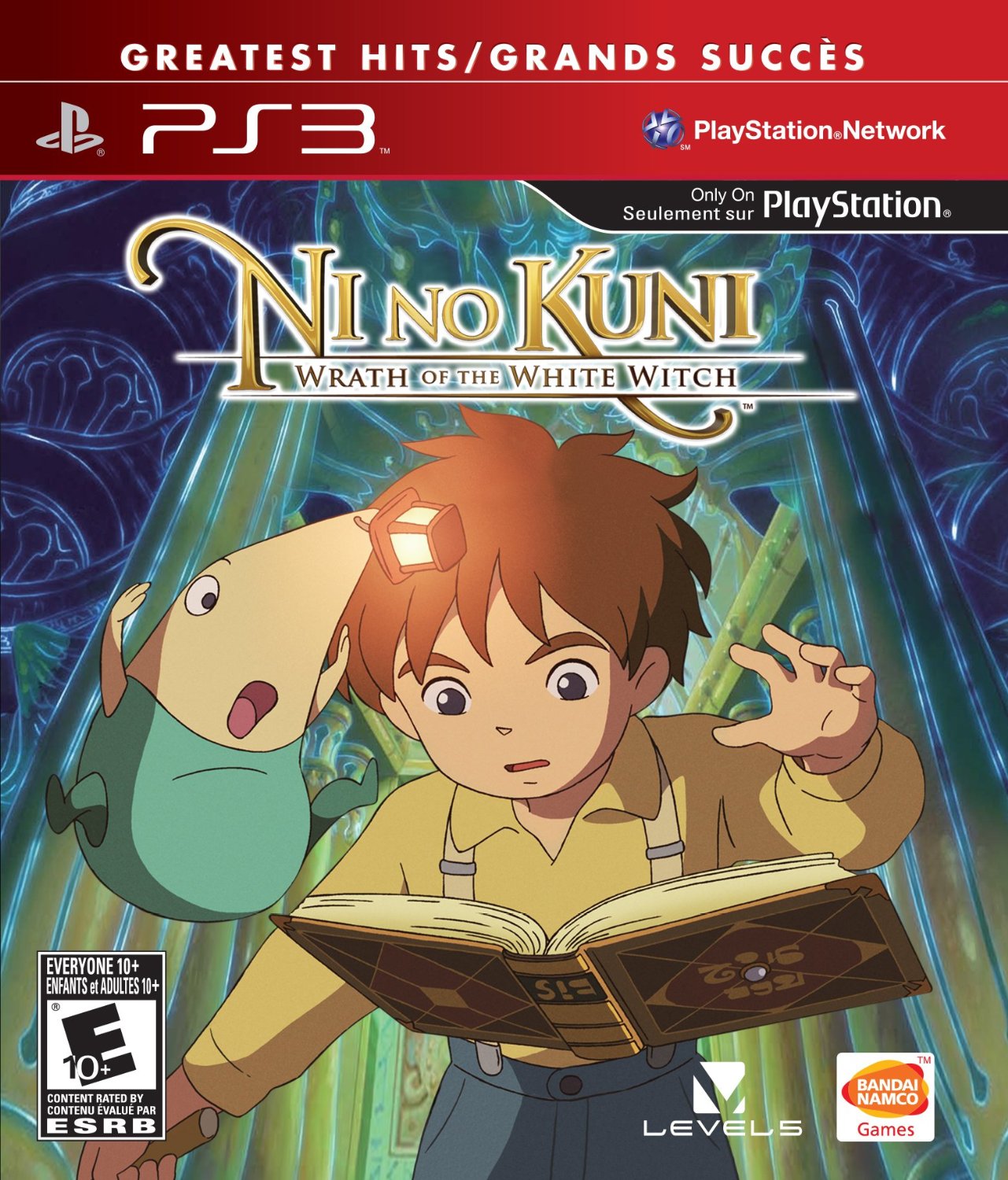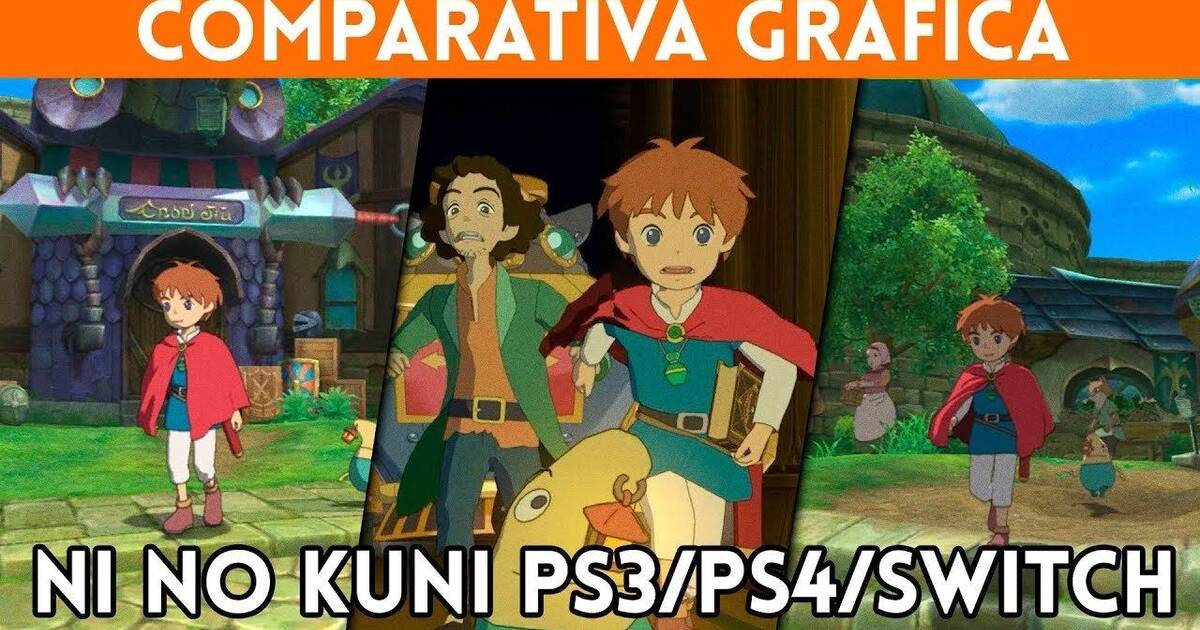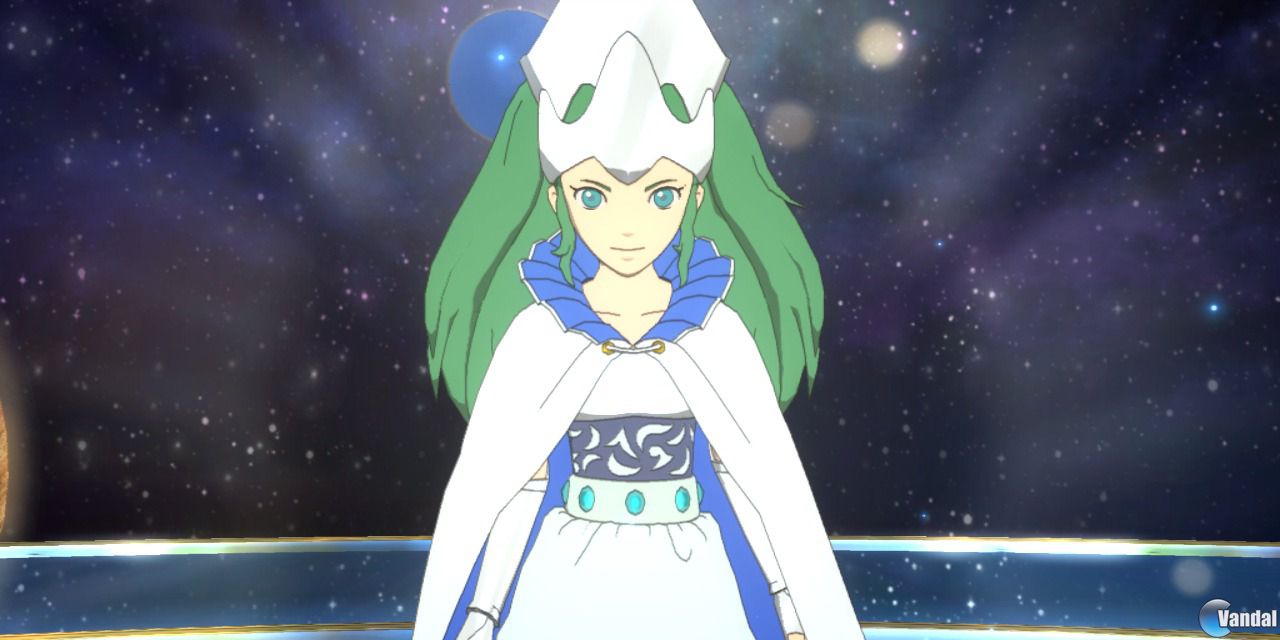

Even as the hours stretch into the double digits, Level-5 drops in new elements that would have added some much-needed complexity during Ni no Kuni's early chapters it's kind of like playing a game of Monopoly where players can only move their pieces around the board for the first hour - why burden folks with complicated concepts like "buying property" until they've become intimately familiar with the function of rolling dice?

The game opens with the expected onslaught of tutorials, and, in the tradition of Final Fantasy XIII, you're rarely set free until the most basic of information has been drilled into your skull. Imagine a new version of Pokemon that doesn't let you capture a single one of those marketable little creatures until after the third gym, and you'll get an idea of how reluctantly Ni no Kuni parcels out new content. If you're looking for the qualities that transform this type of experience into a nearly bottomless bowl of comfort food for folks who cut their teeth on Square and Enix's 16 and 32-bit offerings, you'll find them all in this breathtakingly beautiful RPG - but delivered at such a leaden pace that the sheer amount of talent involved in this ambitious project feels absolutely wasted.

The long-awaited Level-5/Studio Ghibli collaboration Ni no Kuni seems to understand the elements that define "Japanese RPG," but not the reasons why this genre grew so successful in the first place. These two series may rely on ideas unchanged for decades, but they do so in a manner that keeps players engaged and addicted. But even as the exciting world of genre classification continues to spin into total anarchy, some developers take no issue with delivering the expected both Dragon Quest and Pokemon stand as excellent examples of developers continuing to iterate on a limited, time-tested formula, all while offering up enough new ideas to sustain the series. With experiences like The Last Story, Xenoblade Chronicles, and Dark Souls eroding our preconceived notions about role-playing games from the East, the term "JRPG" is rapidly losing the meaning it once had - especially now that American creations like Costume Quest, Cthulu Saves the World, and Penny Arcade 3 have adopted certain design tropes once associated with another country. In case you haven't noticed, we at 1UP have been a bit wary about using the term "Japanese RPG" within the past year or so.


 0 kommentar(er)
0 kommentar(er)
